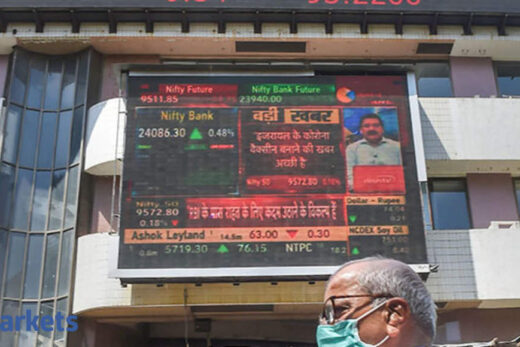MUMBAI: Magicbricks has partnered with Razorpay and to create a secure online solution for rent payments through credit cards with an eye on the 10-million rental residential household market.
“The monthly rent is a huge chunk of the monthly expense of any household. In today’s challenging economic environment, tenants are looking for trusted, flexible, and rewarding ways to pay. We are delighted to partner with Razorpay and HDFC to offer a secured ‘Pay Rent’ feature. The deferment of a large spend which has a credit period of around 45 days also translates into a month’s interest of approximately 1%,” said Sudhir Pai, CEO, Magicbricks which is a part of TimesGroup.
The feature also enables tenants to earn rewards points and offers available on credit card payments. The tenant needs to provide details of the landlord, make payments through credit cards and the landlord will receive the payment based on his bank details or UPI ID. The tenant will also be provided with a digital rent receipt.
According to Pai, the market for online payment of rent through credit cards was estimated to be around Rs 3,000 crore but could be much larger. Magicbricks plans to leverage its position as a leading property portal to scale up this business.
“While the current estimated market size of paying rent through credit card is around Rs 3,000 crore, the real size of the market is considerably larger. There are 10 million rental residential units in India. Of these, almost 75% are in the Rs 35,000 per month and less rent bracket,” said Pai.
He added that within this segment, almost 50% of the properties are in the range of Rs 10,000-Rs 20,000 per month with premium properties in cities like Mumbai, New Delhi and Gurgaon pushing up average rentals. “The rent for premium properties are in the range of Rs 35,000-Rs 50,000 per month and luxury over Rs 50,000 per month. So this offers us a huge untapped market,” he said.
To safeguard against any misuse, Magicbricks has activated security features and implemented Razorpay’s risk and fraud detection module on the backend for an additional layer of security.




